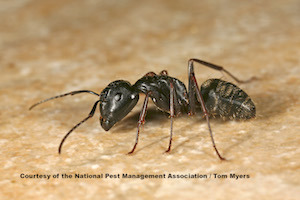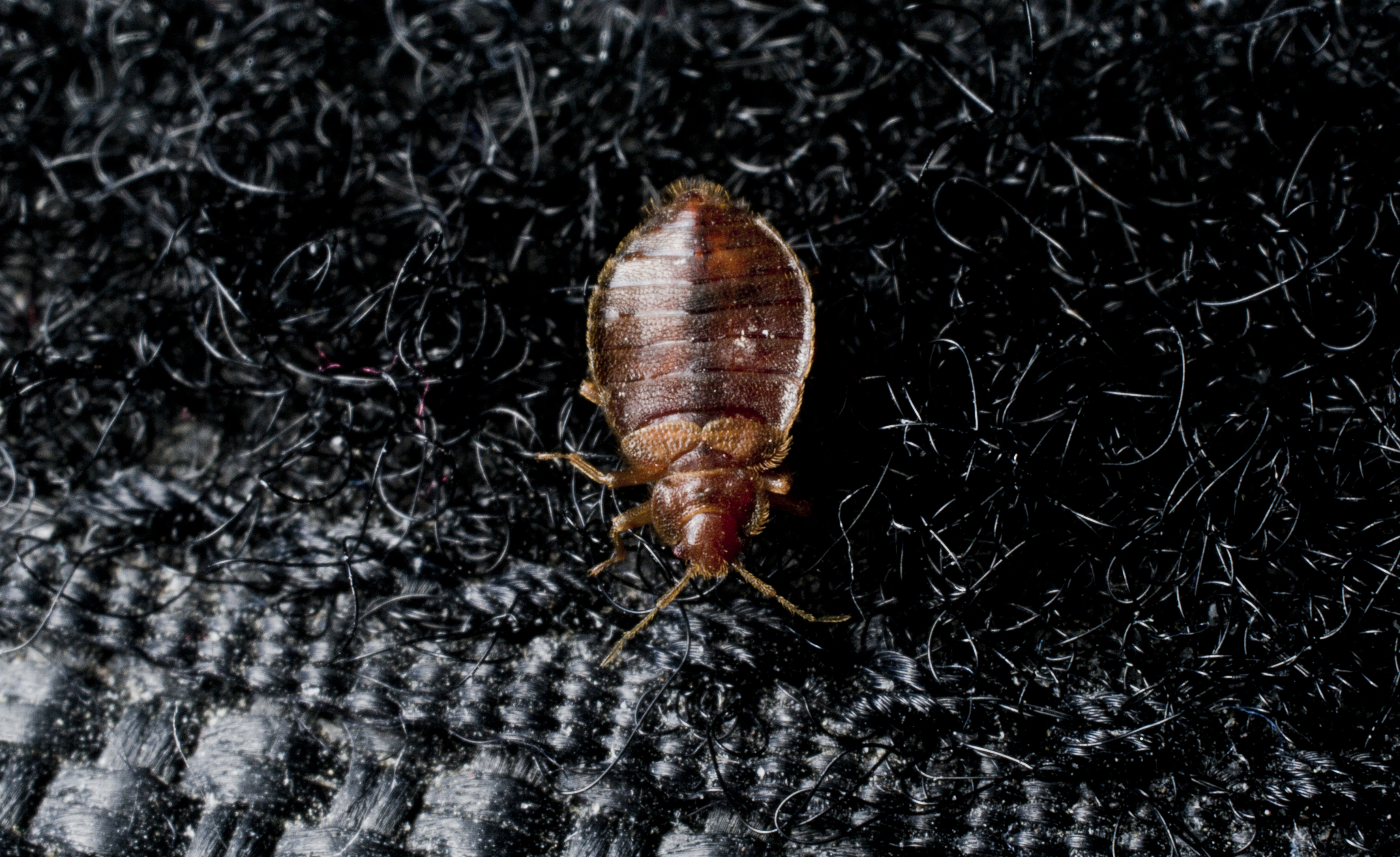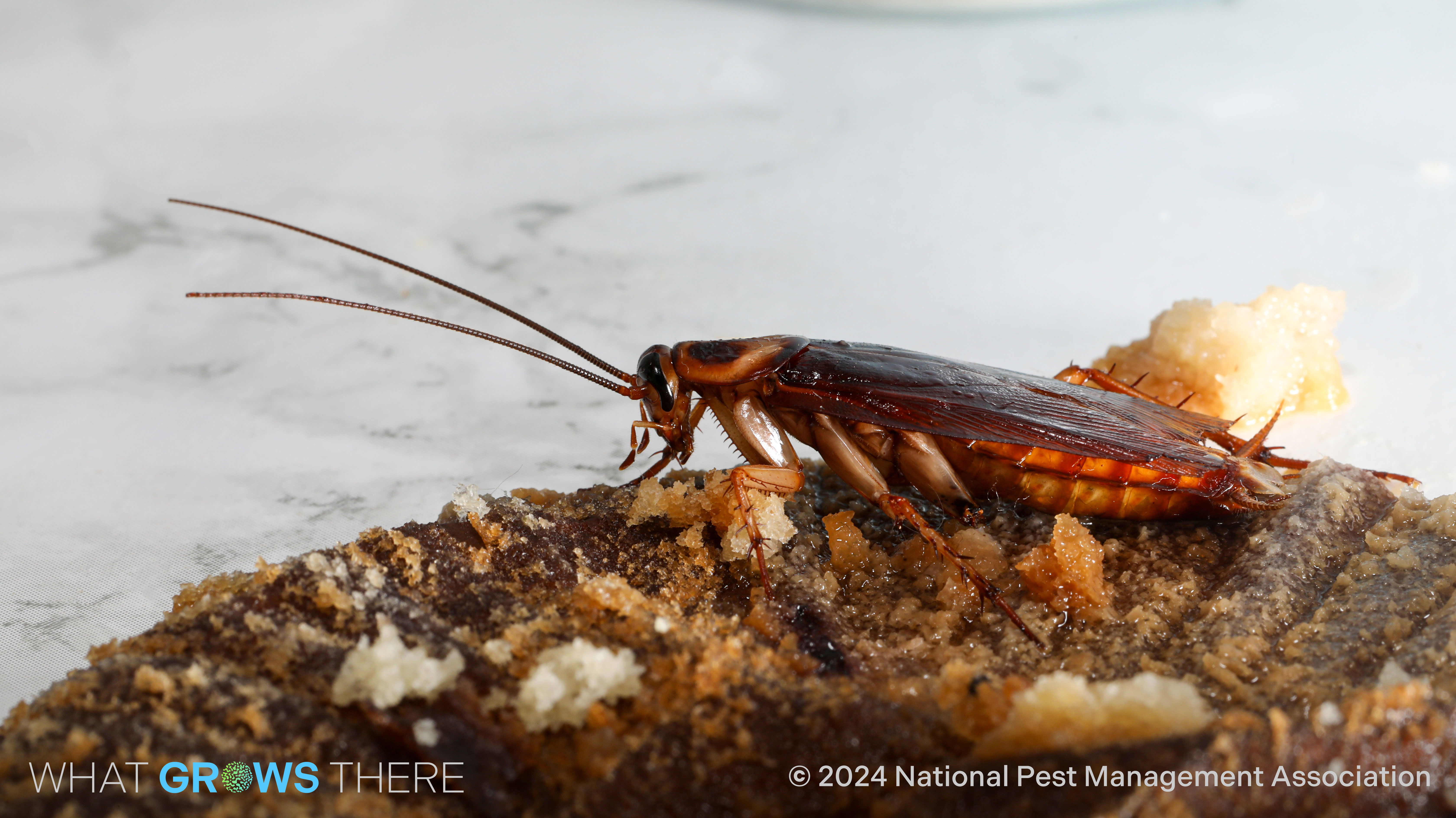Everyday Pest Prevention Tips
As weather conditions across the country finally begin to resemble what we would expect from spring, pests will also begin to emerge from their overwintering sites in search of food and water – two things easily found in homes. In an effort to avoid unwanted infestations during the warmer seasons, experts from the National Pest Management Association encourage homeowners to incorporate pest-proofing as part of their spring cleaning and yard clean up routines in the coming weeks.
Homeowners can keep common household pests like ants, termites, ticks, stinging insects and occasional invaders from taking refuge in and around the home by adding a few simple tasks to their home maintenance checklist:
Outdoor Tasks

- Take time to inspect the outside of the home for easy access points, paying special attention to areas where utility pipes enter. Seal any small cracks and crevices with a silicone-based caulk. Use steel wool to fill larger gaps and holes, as pests are often deterred away from the roughness of the steel fibers.
- Keep an eye out for signs of termite damage, such as mud tubes, soft wood that sounds hollow when tapped, and cracked or bubbling paint.
- Properly landscape by keeping the grass cut low and ensuring tree branches, shrubbery and other vegetation is well trimmed and away from the house.
- Clean out leaves and other debris from the gutters to prevent standing water, which can provide the perfect breeding ground for pests.
- Repair fascia and rotted roof shingles; some insects are drawn to deteriorating wood.
- Replace weather-stripping and repair loose mortar around basement foundation and windows.
- Screen windows, attic vents and openings to chimneys. Repair any rips or tears.
- Direct water away from the house through properly functioning downspouts, gutters and splash blocks. Repair leaking faucets, water pipes and AC units.
- Store fire wood at least 20 feet away from the house.
- Keep mulch at least 15 feet away from the foundation.
Indoor Tasks

- Dispose of garbage regularly in a sealed trash bin.
- Keep kitchens clean by wiping down counter tops and sweeping floors to remove crumbs and residue from spills. Also, store food in sealed containers, and keep ripe fruit in the refrigerator.
- Vacuum at least once a week.
- Keep pet bowls clean and wipe up any spilled food or water around them promptly. Store dry pet food in a sealed plastic container rather than the paper bags they often come in.
- Consult your vet about a preventative treatment for dogs and cats to help ward off fleas and ticks.
- Routinely check under sinks for areas of moisture and repair any leaky pipes. Consider using a dehumidifier in damp basements, crawl spaces or attics.
Eliminating pests once they have found comfort within the confines of a home can be challenge, and once inside, some pests can cause serious property damage while others can pose health threats. If an infestation is found, homeowners should consult with a licensed professional pest management company to evaluate the extent of the problem and recommend the best course of treatment.

Learn About Ants
Ants are a common pest homeowners struggle to eradicate. Learn more about them!

Bed Bug Pest Guide
Traveling for the holidays this year? Be sure to keep an eye out for bed bugs! Use our Pest Guide to help identify this pest.

NPMA's What Grows There? Project
Check out NPMA's What Grows There? project to learn how pests, such as flies, cockroaches and rodents, can spread germs throughout a home.
Find a PEST PRO in your area

Learn About Ants
Ants are a common pest homeowners struggle to eradicate. Learn more about them!

Bed Bug Pest Guide
Traveling for the holidays this year? Be sure to keep an eye out for bed bugs! Use our Pest Guide to help identify this pest.

NPMA's What Grows There? Project
Check out NPMA's What Grows There? project to learn how pests, such as flies, cockroaches and rodents, can spread germs throughout a home.
